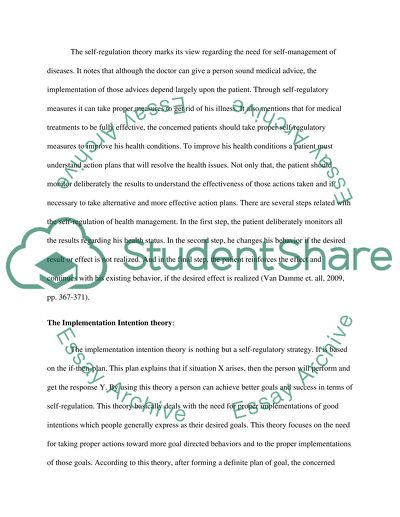Cite this document
(“Usefulness of Self-regulation to Health Psychologist Essay”, n.d.)
Retrieved from https://studentshare.org/psychology/1440108-usefulness-of-self-regulation-to-health-psychologist
Retrieved from https://studentshare.org/psychology/1440108-usefulness-of-self-regulation-to-health-psychologist
(Usefulness of Self-Regulation to Health Psychologist Essay)
https://studentshare.org/psychology/1440108-usefulness-of-self-regulation-to-health-psychologist.
https://studentshare.org/psychology/1440108-usefulness-of-self-regulation-to-health-psychologist.
“Usefulness of Self-Regulation to Health Psychologist Essay”, n.d. https://studentshare.org/psychology/1440108-usefulness-of-self-regulation-to-health-psychologist.


